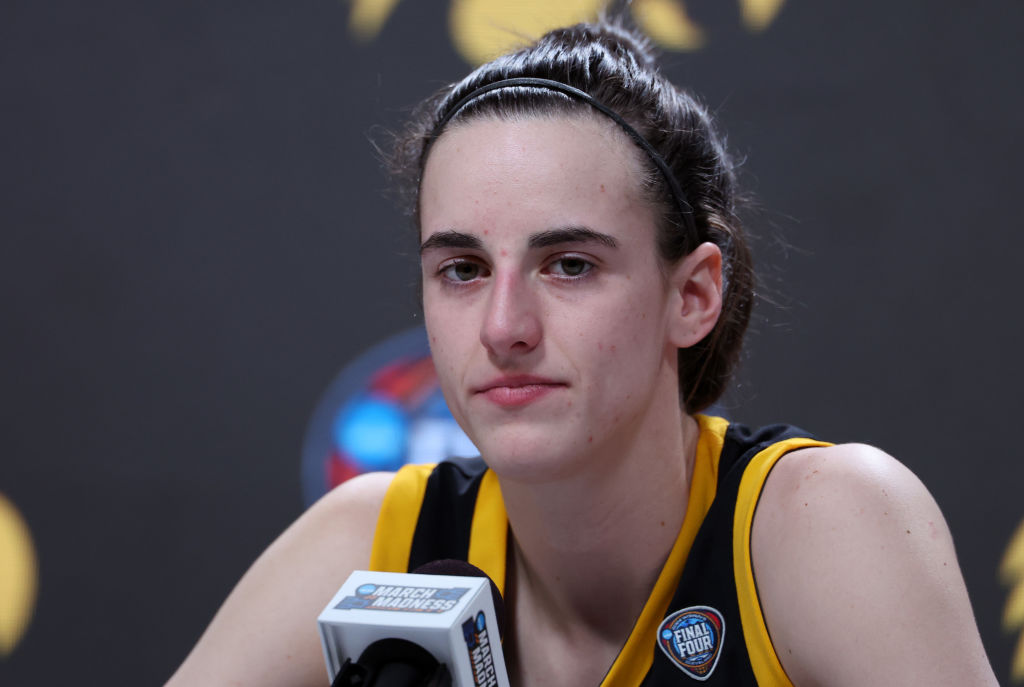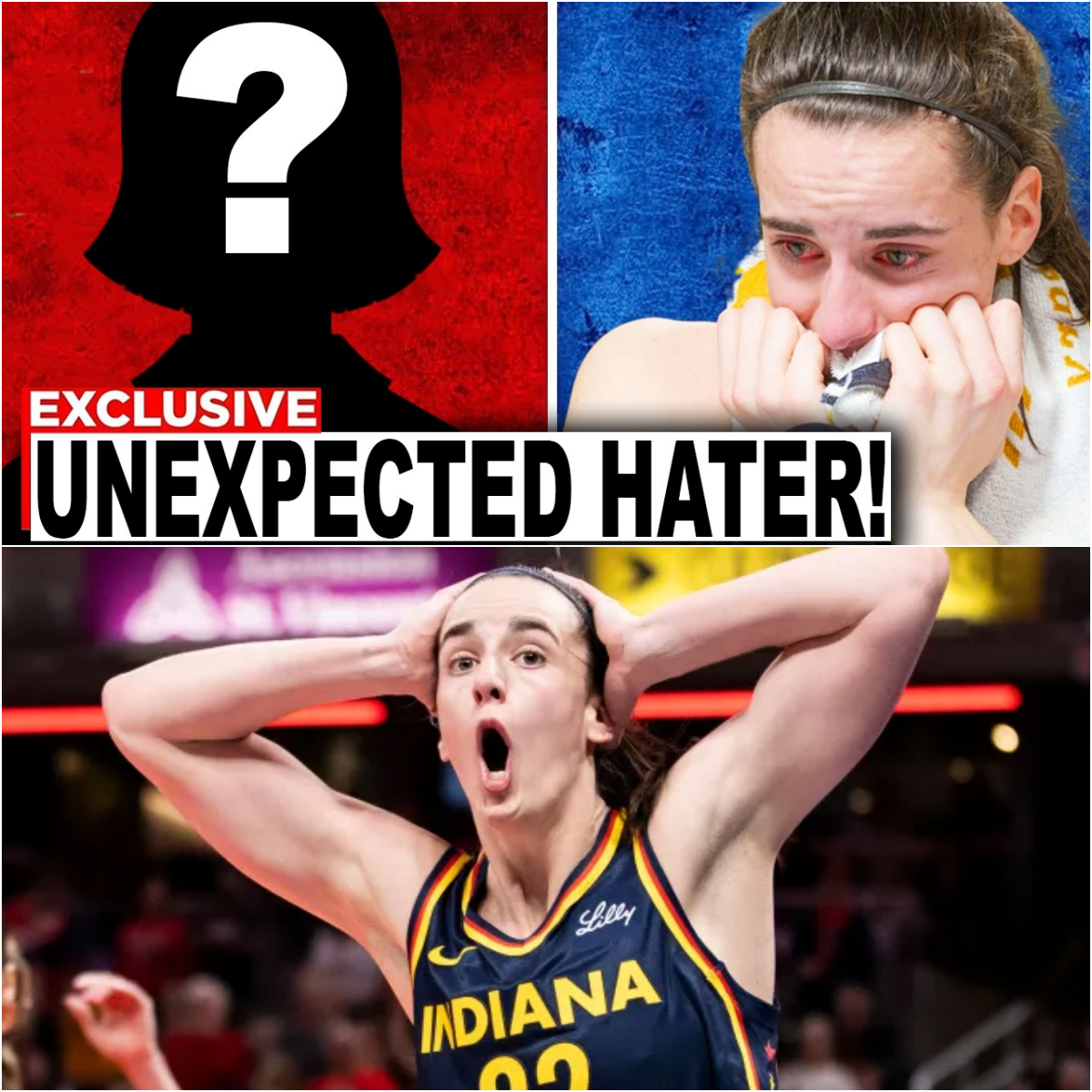In a surprising turn of events, WNBA legend Sue Bird has ignited discussions in the basketball community regarding Caitlin Clark’s recent contract with a European team. As one of the most celebrated figures in women’s basketball, Bird’s comments have brought attention to Clark’s journey and the implications of her decision to play abroad.

Caitlin Clark, a standout player from the University of Iowa, has taken the college basketball scene by storm. With her remarkable skills, scoring ability, and court vision, she quickly became a household name, leading her team to significant victories and earning accolades along the way. Her electrifying performances have captured the attention of fans and analysts alike, setting high expectations for her future in the WNBA.
Recently, Clark signed a lucrative contract to play in Europe, a move that has sparked various reactions from fans and former players. While many see this as a tremendous opportunity for Clark to hone her skills and gain international experience, Bird’s critical stance raises eyebrows. Known for her leadership and experience, Bird’s comments reflect her concerns about players’ paths and the challenges of navigating careers in women’s basketball.

Bird’s apprehension stems from a broader conversation about the visibility and growth of women’s basketball. With the WNBA constantly striving for recognition and respect comparable to its male counterpart, Bird’s perspective underscores the pressure young athletes face when making career decisions. She has expressed concern that players like Clark might be swayed by the allure of European contracts instead of staying and developing their talents in the WNBA, which could impact the league’s growth.
This brings to light the curious dynamics within the women’s basketball landscape: the pull of international play versus the push for stronger domestic competition. Bird’s remarks highlight a crucial dialogue about player choices and the future of the WNBA as it aims to become a premier destination for female athletes.
Clark’s decision to play in Europe isn’t uncommon; several WNBA players have historically pursued overseas opportunities during the offseason to maximize their earnings. However, as the WNBA continues to expand and develop its brand, the conversation around player commitment to the league is more relevant than ever. Bird’s comments seem to challenge the notion that playing abroad is always the best choice, especially for emerging stars.
Fans are left wondering what this means for Clark and her future. Will her time in Europe enhance her skills and prepare her for a successful WNBA career, or will it create a divide between her aspirations and the league’s growth? Only time will tell, but the dialogue sparked by Bird’s critique is undoubtedly a sign of the complexities facing women in sports today.

As the basketball community reflects on the implications of Clark’s new contract and Bird’s comments, one thing is clear: the future of women’s basketball remains an evolving narrative filled with exciting possibilities and tough decisions. As Caitlin Clark embarks on this new chapter, fans and analysts alike will be watching closely to see how her experiences abroad shape her career and influence the ongoing conversation about the WNBA’s place in the world of sports.
With so much at stake, the world of women’s basketball continues to be a captivating arena, drawing attention from all corners of the sports world. Will Clark’s European adventure prove beneficial, or will it spark further debate about the path of young athletes in the WNBA? Only time will reveal the answer to this curious turn of events.
